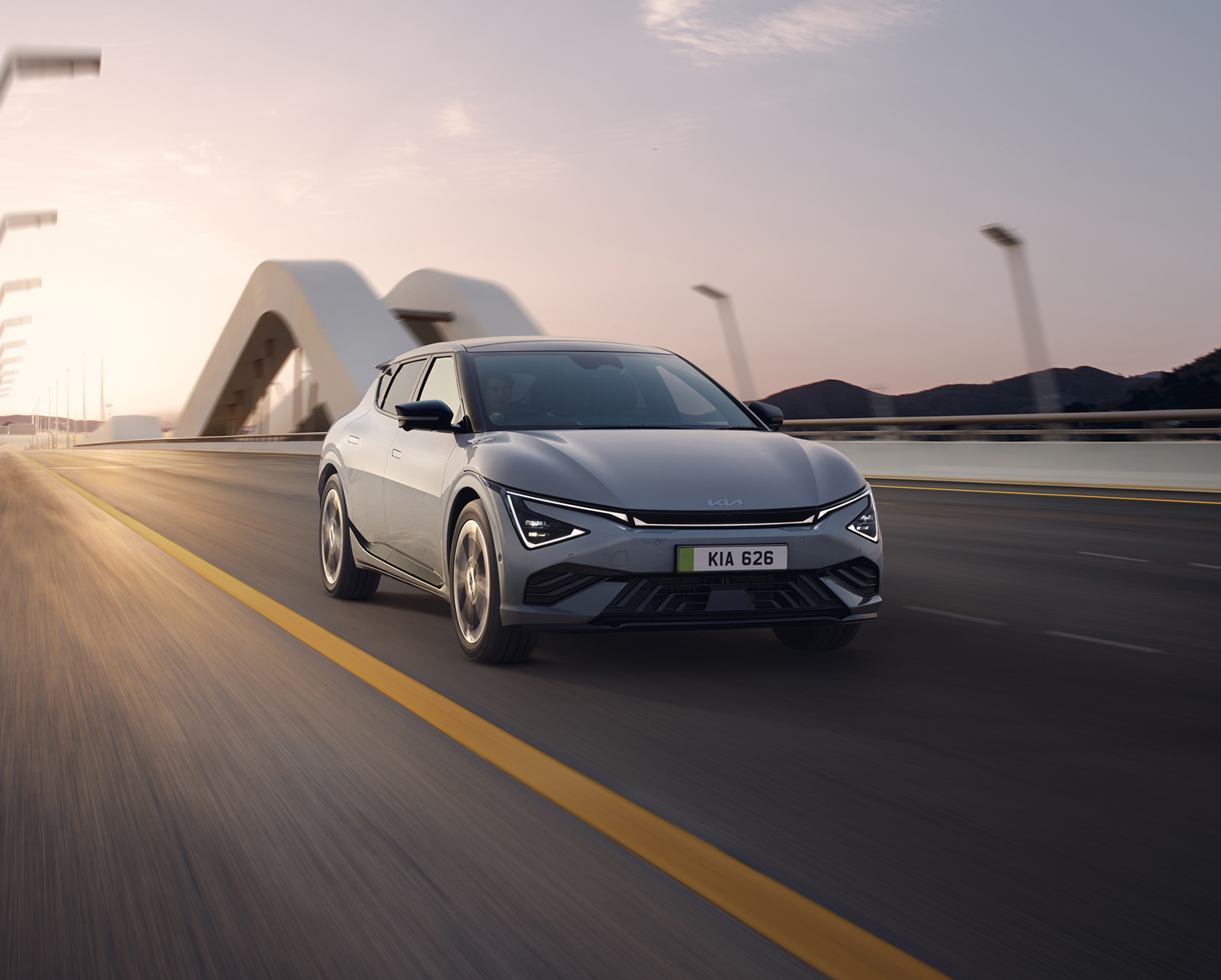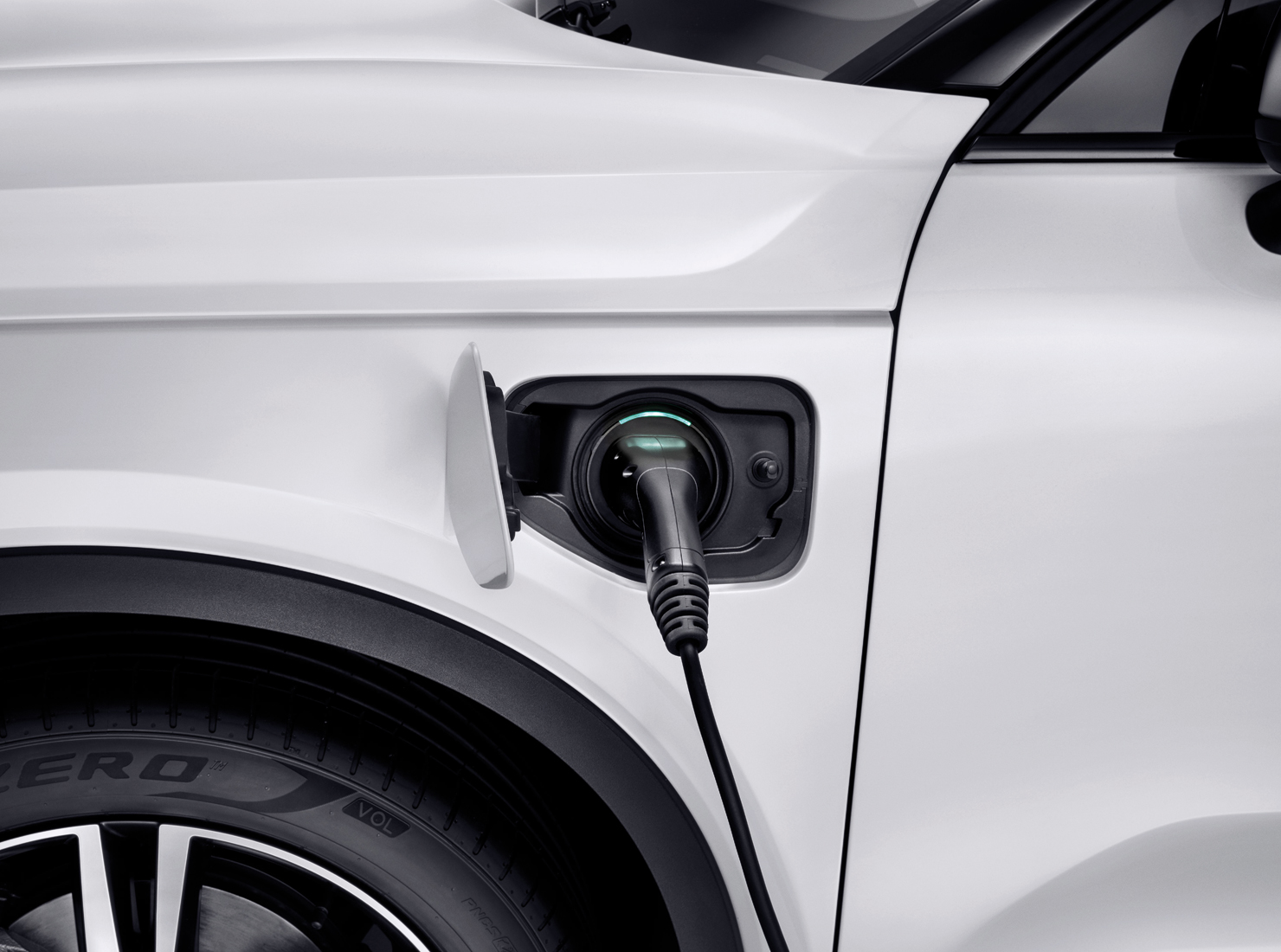

Electrify Your Drive
with Holden Group
Why Buy an Electric Vehicle?
Electric Vehicles Can Benefit Your Business
Electric vehicles offer a multitude of benefits for both personal and business use. For businesses, investing in EVs can lead to significant cost savings and environmental benefits.
- Benefit-in-Kind (BIK) tax incentives for company car drivers
- Lower taxation, including reduced Vehicle Excise Duty (VED) and congestion charges
- Access to government grants and schemes like the Workplace Charging Scheme (WCS)
- Cost savings on fuel and maintenance
- Environmental benefits, contributing to corporate sustainability goals

Myth Busting
Let’s debunk some of the myths surrounding electric vehicles
-
Modern electric vehicles have significantly improved range capabilities, with many models offering over 200 miles on a single charge. Advanced battery technology, and expanding charging infrastructure, mean you can confidently embark on long journeys without fear of running out of power.
There are also a host of online tools to find charge points across the county, for example Zap Map provides an interactive map of all the charging points in the UK, so you can plan long journeys with ease.
-
Charging times for electric vehicles have drastically reduced with the introduction of fast-charging technology. Many electric vehicles can recharge to 80% capacity in under an hour, allowing for convenient pit stops during road trips or quick top-ups while running errands.
If you have off-road parking, you can charge your car overnight so you know you will have enough charge to go about your daily business and get home stress free.
-
While the initial purchase price of electric vehicles may be higher than their petrol or diesel counterparts, the total cost of ownership over the vehicle’s lifespan is often lower. With lower fuel and maintenance expenses, along with government incentives (such as zero road tax) and grants (such as the EV chargepoint grant), electric vehicle ownership can be more affordable than you think.
-
The UK’s electric vehicle charging infrastructure is expanding rapidly, with thousands of public charging points available nationwide. From motorway service stations to shopping centres, you’ll find an extensive network of charging stations to keep your electric vehicle powered up wherever you go.
-
Car manufacturers are increasingly investing in electric vehicle technology, resulting in a growing variety of electric vehicle models to choose from. Whether you’re looking for a compact city car, a spacious family SUV, or a high-performance sports car, there’s an electric vehicle to suit every lifestyle and preference. Within this brochure, we highlight the wide range of choice available to you from our respected and reliable brands.

Not Ready For a Full Electric Vehicle Yet? Consider a Hybrid Vehicle
If you’re not quite ready to make the leap to a fully electric vehicle, hybrid vehicles offer a bridge between traditional combustion engines and electric powertrains. With their dual power sources, hybrids provide increased fuel efficiency and reduced emissions compared to conventional vehicles.
At Holden Group, we understand that transitioning to an electrified future can be a gradual process. That’s why we offer a diverse range of hybrid vehicles from leading manufacturers, providing our customers with options to suit their individual preferences and needs. Whether you’re interested in mild hybrids, full hybrids, or plug-in hybrids, we’re here to guide you through the transition and help you find the perfect vehicle for your journey toward a sustainable future.
Contact us today and one of our knowledgeable team will be able to discuss all the options you have at your disposal when making this transition.
Making Sense of the Acronyms
One of our main focuses within the Holden Group is to keep things simple. It is important to us that we demystify the world of electric and hybrid vehicles by breaking down common acronyms and jargon. By simplifying the complexities of electric mobility we empower our customers, and the wider public, to make informed decisions regarding their future driving experience.
-
A type of electric vehicle that runs entirely on electric power stored in a battery, with no internal combustion engine. BEVs produce zero exhaust emissions.
-
A hybrid vehicle that has both a conventional internal combustion engine and a rechargeable battery. PHEVs can be charged from an external power source and typically have an electric-only driving range before the internal combustion engine is engaged.
-
A vehicle that combines a conventional internal combustion engine with an electric propulsion system. HEVs cannot be charged from an external power source and rely on regenerative braking and the internal combustion engine to recharge the battery.
-
A type of electric vehicle that uses a fuel cell to generate electricity from hydrogen gas. The electricity powers an electric motor to propel the vehicle, emitting only water vapour as a by-product.
-
An umbrella term referring to vehicles that run partially or entirely on electricity, including BEVs, PHEVs, and FCEVs.